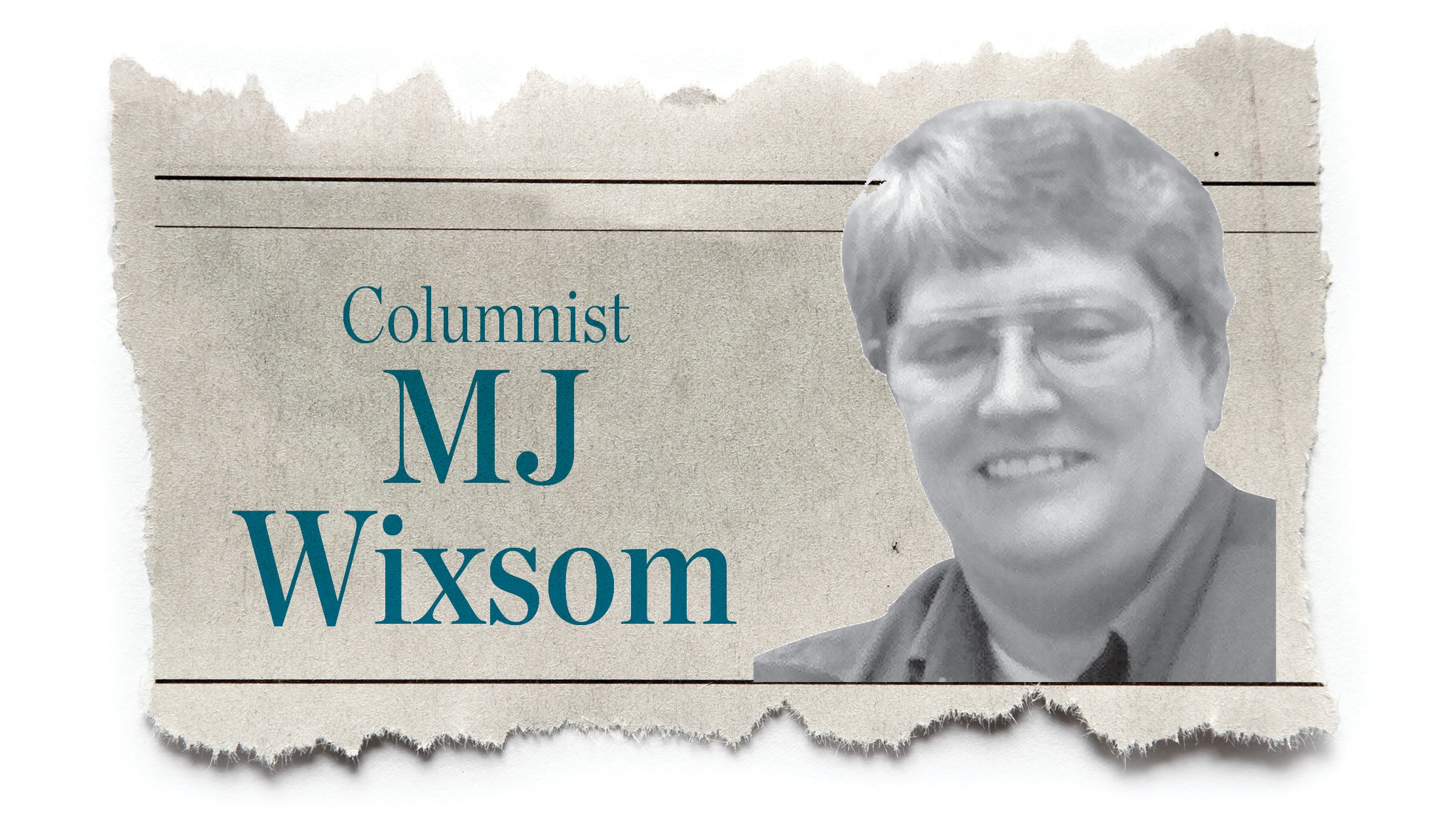Sequester real test of self government
Published 9:20 am Tuesday, March 5, 2013
What’s at stake in Washington’s sequester fight is whether the American people, through their elected representatives, can use government for the common good, or whether powerful individuals and corporations will increase their control.
It’s what Lincoln said we were testing at Gettysburg—where government was being challenged by the guns of wealthy slave owners—whether a government “of the people, by the people, for the people” can last.
Before America came on the world scene in the 1700’s most people everywhere were told what to do and what to believe by rich kings, wealthy merchants, or powerful religious leaders. The Europeans who came here in those early days hoped to create a better system for themselves.
After they threw off British rule, they set up a government called the Articles of Confederation, which left most of the power in the state governments.
Most white men over 21 who owned property could vote. That seems awfully narrow to us today, but it was a broadening of the base of government at the time. It’s interesting to note that the same politicians today who want to slash government also want to make it harder for people to vote.
The Articles of Confederation lasted less than a decade because the central government was way too weak, having no power to tax, regulate trade, and so forth.
The states were fighting over who had the right to use rivers that ran between them, goods were stopped for tolls between states, and conflicting foreign policies were conducted by individual states. So a new “Constitution” was written in 1787 which divided powers among the states, the nation, and the people.
The “federal,” or national, government was given the power to tax, regulate trade, coin money, conduct foreign policy, and defend the nation militarily. States could still tax and make laws that didn’t conflict with the national laws.
Importantly, the Constitution begins with “We the people of the United States,” not “we the wealthy,” or some other smaller group, “establish this Constitution.” The new government was to “form a more perfect union, establish justice, insure domestic tranquility, provide for the common defense, promote the general welfare, and secure the blessings of liberty to ourselves and our posterity.”
Yep, there it is, among the reasons the new government was formed was to “promote the general welfare.”
Maybe the members of the U.S. House of Representatives should go back and re-read that before they insist on cutting programs that the American people need to survive, let alone thrive.
If wanting to heed the founders and the Constitution isn’t enough, they might also be interested in the fact that clear majorities of Americans support the individual government programs, even when they say they support cutting government overall.
In a Pew Research survey, when the functions of the federal government were grouped into categories, not one of them got a majority to say that area should be cut.
Strong majorities don’t want to cut Medicare, Medicaid, Social Security, defense, environmental programs, food inspection, parks, police protection, and so on.
So, why do Americans think they hate government? Probably because most of the Republican Party and a lot of Democrats have been demonizing government at least since President Reagan declared “government is the problem.”
They do that, apparently, to attract the campaign contributions of the super wealthy who run most of our corporations, including the electronic media from which we get much of our political information and opinions. Many of the super wealthy, who think they should rule, hate paying taxes and hate government telling them what to do, even in matters of health and safety.
In that Pew survey, 60 percent wanted to increase spending on education. That may bode well for school issues this year and not so well for the politicians who continue to attack public education through more testing, phony rating systems, reduced funding, and the like.
It will be interesting to see how Congress gets itself out of the tangle of deception it has woven in vilifying the institution of government, which most of us need and support. Will they ask their billionaire supporters to pay a fair share of a government which so richly benefits them?
Retired teacher Jack Burgess is a native of southern Ohio and author of “It’s Always Gettysburg,” a chapbook of poems.





